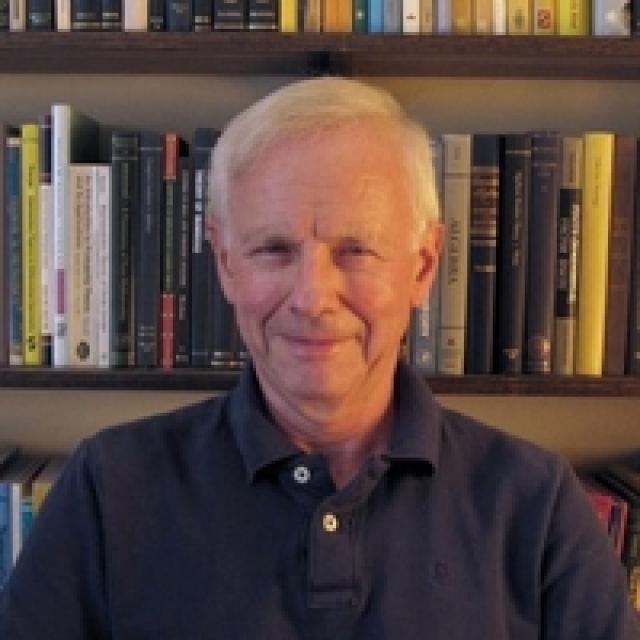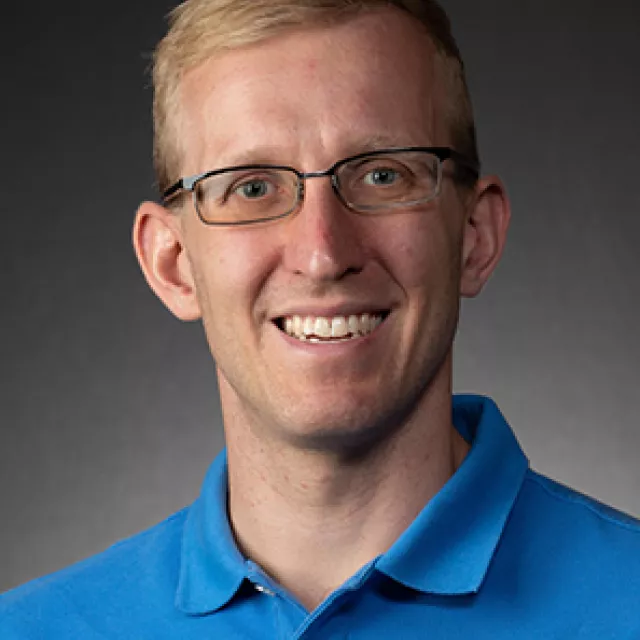Mini Conference on Symbolic Dynamics at UBC
Event Recap
This event was also shared via zoom. Recordings of the talks are available on mathtube.org.
Topic
This mini conference will focus on current topics of interest in symbolic dynamics.
Speakers
Details
Two seminar talks will be hosted, 9:30AM and 10:45AM, in each of the mornings of July 24, 25 and 26 in ESB 4133
Schedule
Wednesday, July 24, 2024
Time: 9:30 AM
Speaker: Brian Marcus, UBC and PIMS
Title: Variations on Krieger's Embedding Theorem and a Theorem of Boyle
Abstract: Krieger's celebrated embedding theorem gives necessary and sufficient conditions, in terms of periodic points, for proper embedding of a subshift into a mixing shift of finite type (SFT). The result does not generalize to mixing sofic shifts. Boyle introduced the notion of a receptive periodic point, which is the main obstruction. He also proved that a condition involving receptive periodic points is sufficient for proper embedding of a subshift into a mixing sofic shift. We introduce a stronger notion of embedding, called factorizable embedding, which requires the embedding to factor through a mixing SFT. We show that Boyle's sufficient condition for proper embedding into a mixing sofic shift is necessary and sufficient for a factorizable embedding into a mixing sofic shift. We also give a new characterization of receptive periodic points, and we give a characterization of mixing for irreducible sofic shifts in terms of receptive periodic points. This is joint work with Tom Meyerovitch, Klaus Thomsen and Chengyu Wu.
10:30 AM - Coffee break
Time: 10:45 AM
Speaker: Mike Boyle, University of Maryland,
Title: Shift equivalence implies flow equivalence for reducible shifts of finite type
Abstract: Explain the implication stated in the title.
Thursday, July 25, 2024
Time: 9:30AM
Speaker: Chengyu Wu, UBC
Title: Shifts of finite type defined by one forbidden block and a Theorem of Lind
Abstract: We focus on shift of finite type (SFTs) obtained by forbidding one word from an ambient SFT. Given a word in a one-dimensional full shift, Guibas and Odlyzko, and Lind showed that its auto-correlation, zeta function and entropy (of the corresponding SFT) all determine the same information. We first prove that when two words both have trivial auto-correlation, the corresponding SFTs not only have the same zeta function, but indeed are conjugate to each other, and this conjugacy is given by a chain of swap conjugacies. We extend this result to the case when the ambient SFT is the golden mean shift, with an additional assumption on the extender set of the words. Then, we introduce SFTs obtained by forbidding one finite pattern from a higher dimensional ambient SFT. We prove that, when two patterns have the same auto-correlation, then there is a bijection between the language of their corresponding SFTs. The proof is a simple combination of a replacement idea and the inclusion-exclusion principle. This is joint work with Nishant Chandgotia, Brian Marcus and Jacob Richey.
10:30 AM - Coffee break
Time: 10:45 AM
Speaker: Douglas Lind, University of Washington
Title: Divisibility of integer Laurent polynomials and dynamical systems
Abstract: Let f, p, and q be Laurent polynomials in one or several variables with integer coefficients, and suppose that f divides p + q. In joint work with Klaus Schmidt, we establish sufficient conditions to guarantee that f individually divides p and q. These conditions involve a bound on coefficients, a separation between the supports of p and q, and, surprisingly, a requirement on f called atorality about how the complex variety of f intersects the multiplicative unit torus. The proof uses an algebraic dynamical system related to f and the fundamental dynamical notion of homoclinic point. Without the atorality assumption this method fails, the validity of our result in this case remains an open problem. We have recently learned that if the general case could be proved (even a very special version of it), there would be important consequences in determining whether certain upper triangular groups have trivial Poisson boundary, but already the proven case does have implications for this.
Friday, July 26, 2024
Time: 9:30 AM
Speaker: Raimundo Briceno, Pontificia Universidad Católica de Chile
Title: A computational phase transition for pressure approximation
Abstract: In this talk, we will review some new techniques and limitations for achieving efficient approximation algorithms for entropy and pressure in the context of Gibbs measures defined over countable groups. Our starting point will be a deterministic formula for the Kolmogorov-Sinai entropy of measure-preserving actions of order-able amenable groups. Next, we will review techniques based on random orderings, mixing properties of Markov random fields, and percolation theory to generalize previous work. As a by-product of these results, we will obtain conditions for the uniqueness of the equilibrium state and the locality of pressure, among other implications that are not strictly algorithmic.
10:30 AM - Coffee break
Time: 10:45AM
Speaker: Ronnie Pavlov, University of Denver
Title: Subshifts with very low word complexity
Abstract: The word complexity function p(n) of a subshift X measures the number of n-letter words appearing in sequences in X, and X is said to have linear complexity if p(n)/n is bounded. It’s been known since work of Ferenczi that linear word complexity highly constrains the dynamical behaviour of a subshift.
In recent work with Darren Creutz, we show that if X is a transitive subshift with limsup p(n)/n < 3/2, then X is measure-theoretically isomorphic to a compact abelian group rotation. On the other hand, limsup p(n)/n = 3/2 can occur even for X measurably weak mixing. Our proofs rely on a substitutive/S-adic decomposition for such subshifts.
I’ll give some background/history on linear complexity, discuss our results, and will describe several ways in which 3/2 turns out to be a key threshold (for limsup p(n)/n) for several different types of dynamical behaviour.
This is an in-person event. All are welcome to attend. No registration required.





